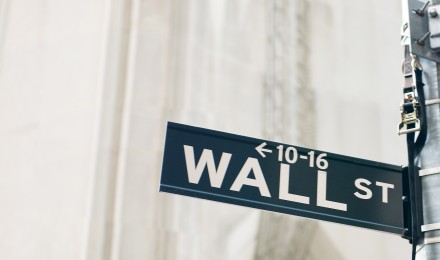Gains in equities, rising home values, stabilized job market and low interest rates help create more household wealth. Consumer spending makes up about 70 percent of the U.S. economy. American households have played a key role in keeping the U.S. economy afloat in what has been an anemic recovery since the recession ended in June 2009.
The Conference Confidence Index measures opinions about improvements in the economy and labor markets. Even with a stalled in business investments, huge cuts in federal spending in March and a two percent payroll tax hike at the beginning of the year, the index shows that consumer confidence reached the highest level since February 2006 to 76.2.
The Conference Board revised April’s reading to 69.
The Bloomberg survey of 75 economists predicted a median of 71.2 and submitted estimates ranging from 65 to 76. During the 18 month recession, from December 2007 to June 2009, the index measured 53.7.
The index has recorded gains two straight months. The director of economic indicators at the Conference Board, Lynn Franco, states that it’s an indication” that consumer confidence is on the mend and may be regaining the traction it lost due to the fiscal cliff, payroll-tax hike, and sequester.”
Index details
Present conditions -The measurement of consumers’ view of present conditions increased to 66.7 from 61 in April , which is the highest point since May 2008. Consumer expectations over over the next six months rose from 74.3 to 82.4. Respondents who expect business conditions to improve in the next six months increased 19.2 percent in May compared to 17.2 in April and the highest since November 2012.
Jobs expectations– More people – 16.8 percent- expect the job market to grow over the next six months compared to 14.3 percent in April. In the measurement on the availability of jobs, 10.8 percent of the respondents say jobs are plentiful versus 9.7 percent the prior month. The number people who say jobs are hard to get dropped to 36.1 percent from 36.9 percent.
Respondents who expect their incomes to rise in the next six months declined—from 16.8 percent to 16.6 percent.
Other economic data
The recent Thomson Reuters/University of Michigan index of preliminary consumer sentiment measurement for May recorded it strongest reading since July 2007. For the week ended May 19, the Bloomberg Consumer Comfort Index rose to its highest point since January 2008. Economic growth was expected to slow down this quarter after sequestration and the payroll tax increase.
However, strong consumer confidence may lead to increased consumer spending, which can potentially soften their effects on economic expansion.
In the first quarter (Q1) of this year, the economy grew at the best pace since the end of 2010–an annual growth rate of 3.2 percent. The numbers for Q2 is expected to contract. The Bloomberg economists project a median annualized increase of 2.1 percent for consumer spending in the third quarter and 2.5 percent in Q4.
Improvements in the job market and income gains are key elements to an improved economy and support increases in consumer spending. In April, employers added 165,000 jobs. The unemployment rate of 7.5 percent represents a four-year low.
In addition, initial applications for jobless claims decreased by 23,000 to 340,000 for the week ended May 18, based on Labor Department figures.







